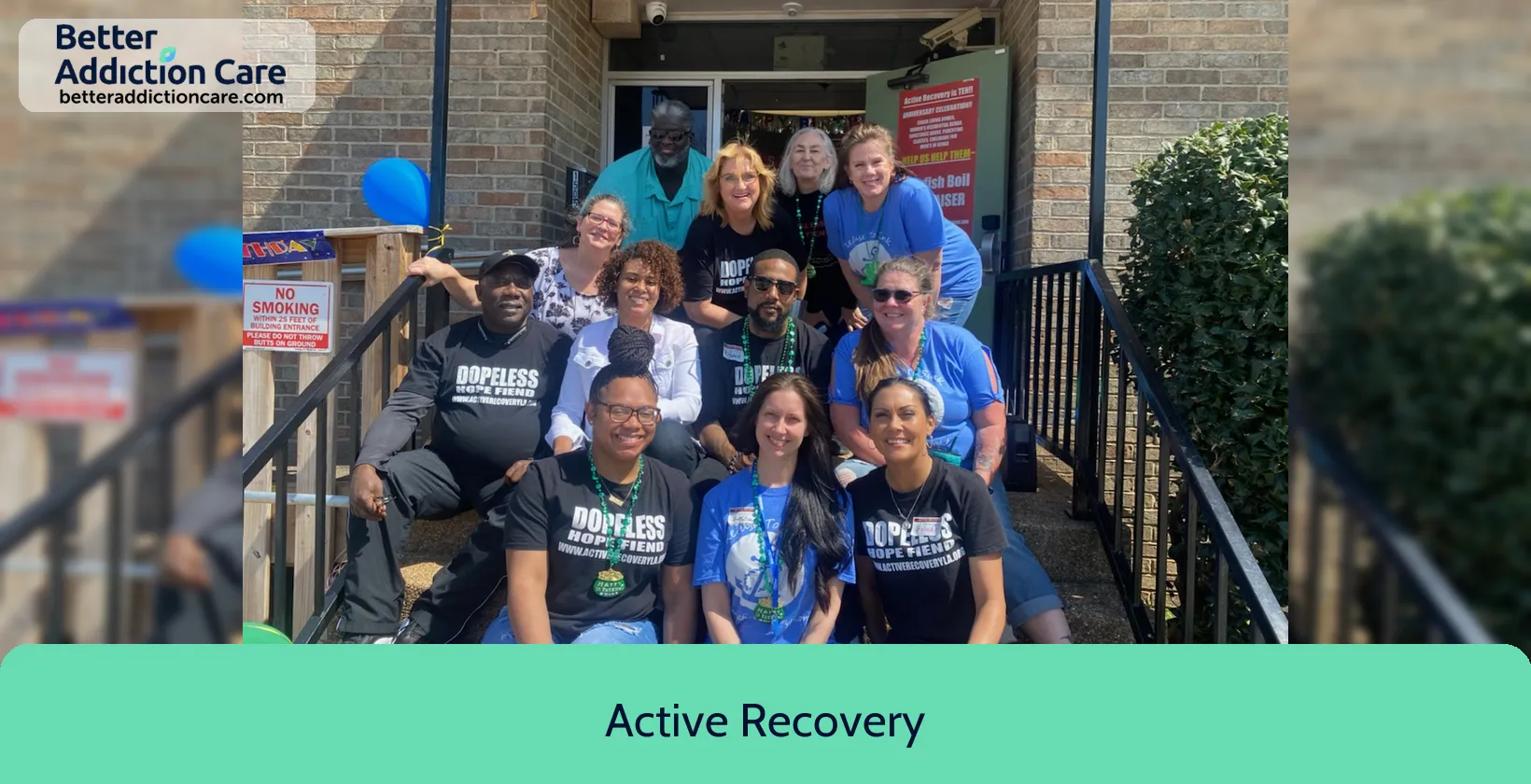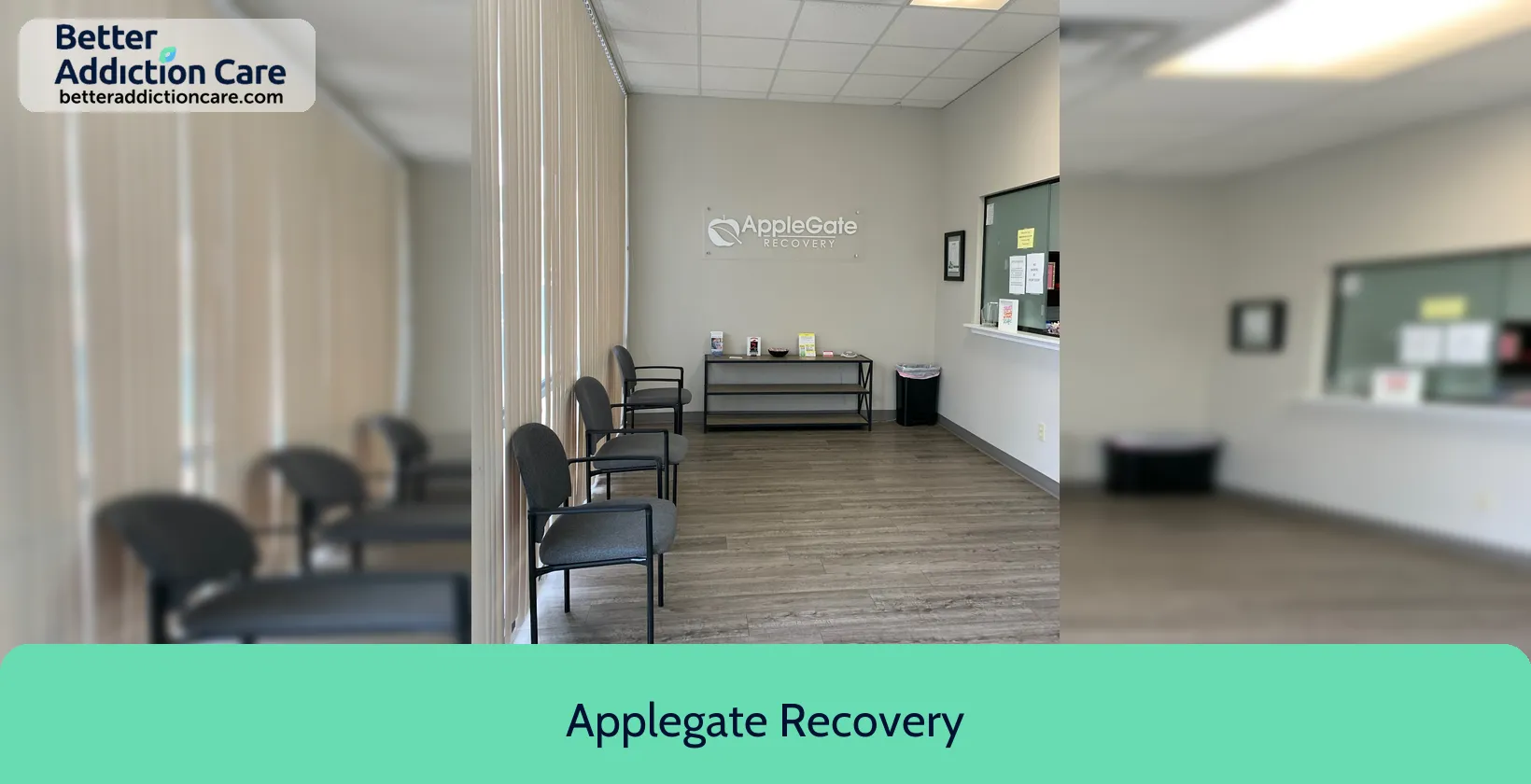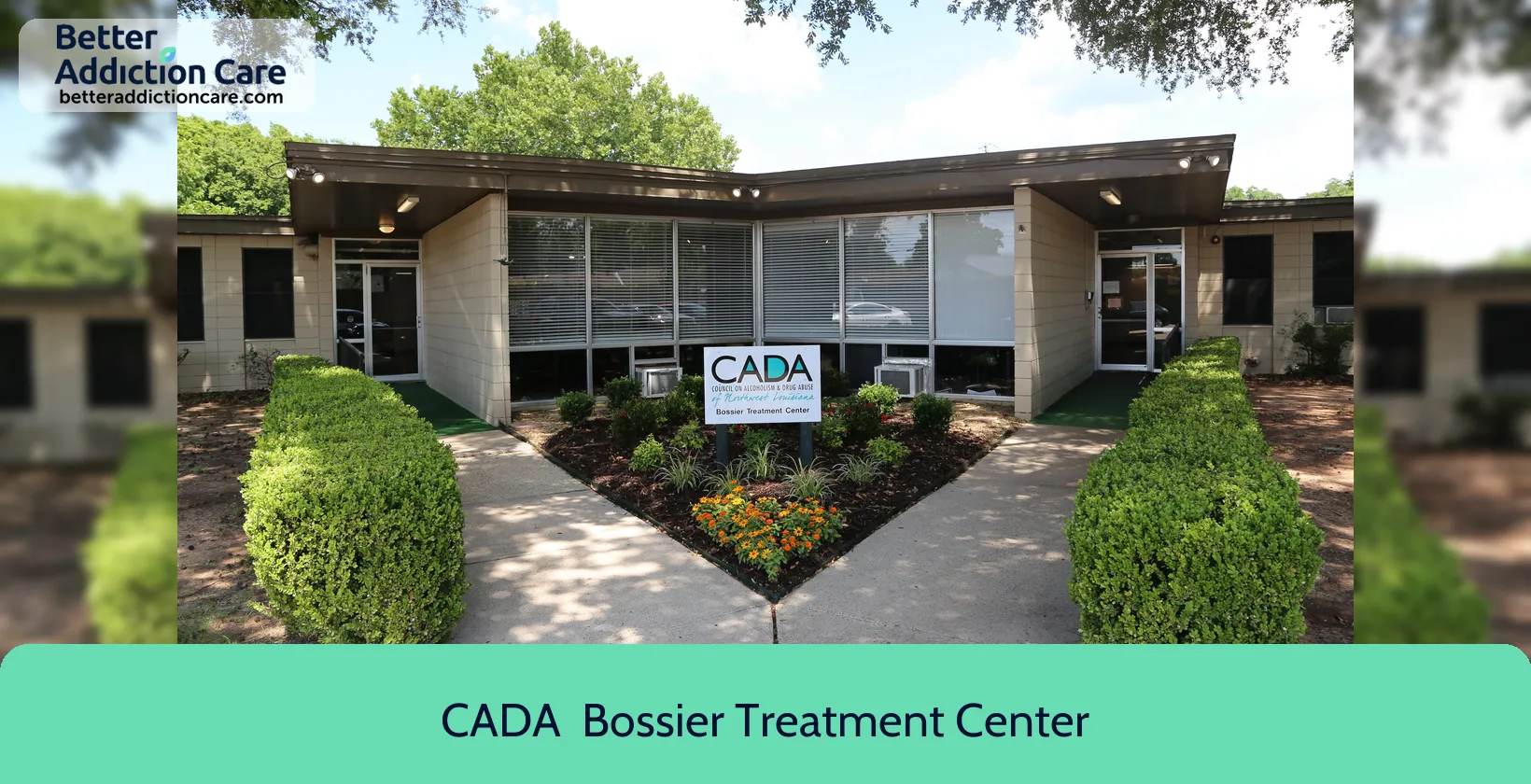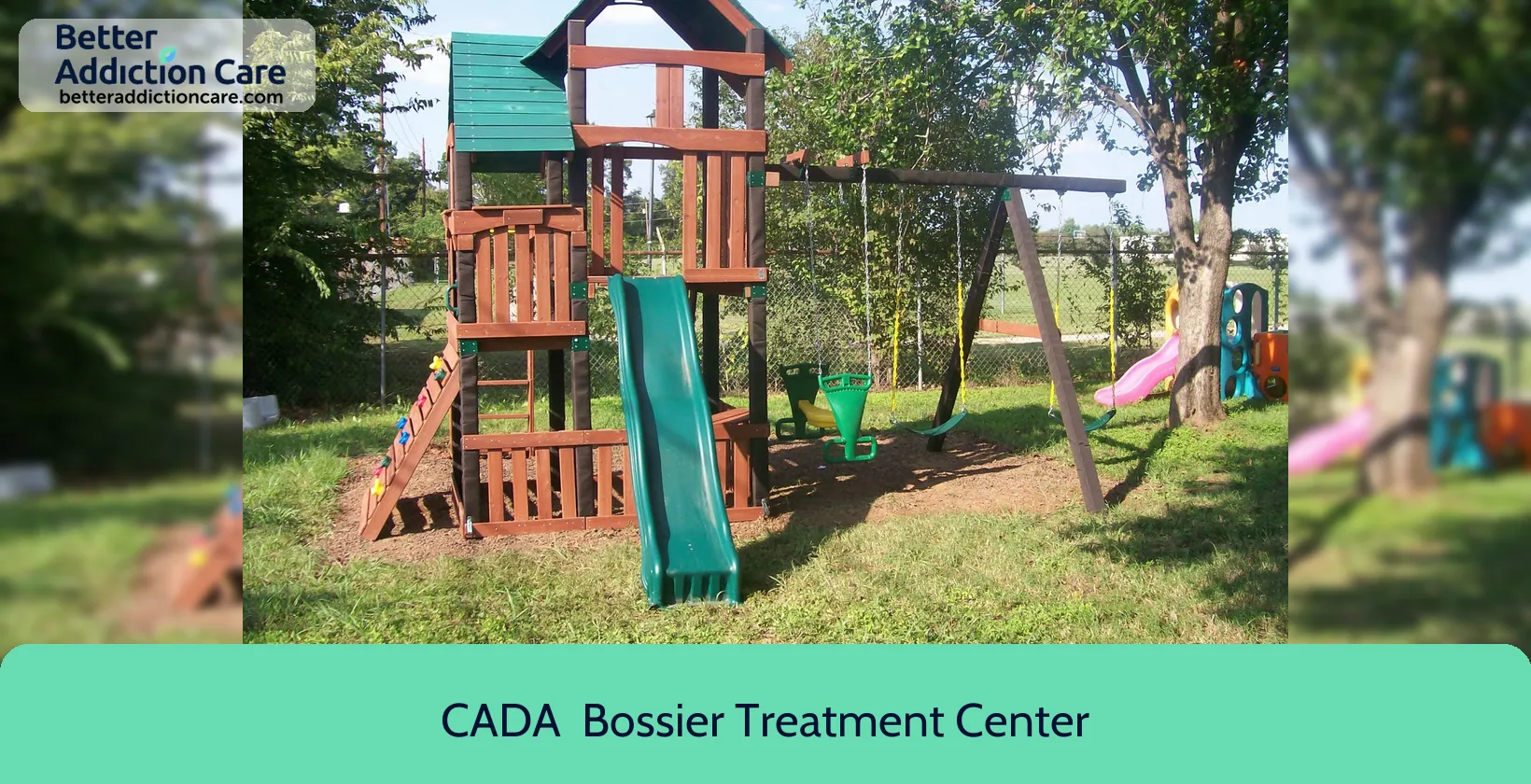CADA - Bossier Treatment Center
Overview
The Council on Alcoholism & Drug Abuse of Northwest Louisiana (CADA), which is situated in Shreveport and Bossier City, provides comprehensive substance abuse treatment services that are customized to the needs of individuals of all ages. CADA offers a variety of programs, such as residential treatment, intensive outpatient services, and family support programs. The residential treatment involves a 28-day high-intensity program, with the option of a 90-day low-intensity step-down. This option allows clients to progressively transition to independent living. Furthermore, CADA provides the Recovery Living Transition Stipend Program, which assists clients in covering accommodation expenses for three months following treatment, thereby facilitating their reintegration into society.
CADA provides a variety of therapies, such as group therapy, individual counseling, and educational programs, to address the physical, emotional, and psychological aspects of addiction. The Tootsie Davis Family Education and Support Program, which is administered by CADA, prioritizes family involvement in order to assist families in managing the difficulties associated with supporting a loved one during the recovery process. Additionally, this comprehensive approach guarantees that clients receive comprehensive assistance with their mental health and family dynamics, in addition to their addiction.
CADA's programs are accredited by the Commission on Accreditation of Rehabilitation Facilities (CARF), a testament to its dedication to providing evidence-based, high-quality care. Confidential screenings and admissions are available 24/7 at the center, guaranteeing that individuals can obtain assistance at any time. The facility provides a structured, supportive environment for individuals on their voyage toward recovery, serving as a beacon of hope for those in the Northwest Louisiana region.
CADA - Bossier Treatment Center at a Glance
Payment Options
- Cash or self-payment
- Medicaid
- Private health insurance
- Federal, or any government funding for substance use treatment programs
- Aetna
Assessments
- Screening for tobacco use
- Comprehensive substance use assessment
- Interim services for clients
- Outreach to persons in the community
- Screening for substance use
Age Groups
- Young adults
- Adults
- Seniors
Ancillary Services
- Case management service
- Social skills development
- Transportation assistance
Highlights About CADA - Bossier Treatment Center
7.10/10
With an overall rating of 7.10/10, this facility has following balanced range of services. Alcohol Rehabilitation: 8.00/10, Drug Rehab and Detox: 6.92/10, Insurance and Payments: 6.00/10, Treatment Options: 7.46/10.-
Alcohol Rehabilitation 8.00
-
Treatment Options 7.46
-
Drug Rehab and Detox 6.92
-
Insurance and Payments 6.00
Accreditations
Federally Qualified Health Center:
Federally Qualified Health Center (FQHC) accreditation is a process of evaluation and recognition by the federal government for community health centers that provide comprehensive and accessible healthcare services to underserved populations. FQHC accreditation is essential for centers to receive federal funding and to ensure that they meet standards for quality, patient-centered care.
Commission on Accreditation of Rehabilitation Facilities (CARF):

Established in 1966, the non-profit organization known as the Commission on Accreditation of Rehabilitation Facilities (CARF) has a dedicated focus on accrediting rehabilitation organizations. CARF's primary mission is to assist service providers, particularly rehabilitation facilities, in upholding and promoting the highest standards of care.
Registration: 253320
SAMHSA certification for opioid treatment program (OTP):
SAMHSA's Opioid Treatment Programs (OTP) Accreditation is a rigorous recognition process, signaling an OTP's commitment to high-quality care for those with opioid use disorders. It assures patients, families, and the community that the program adheres to evidence-based practices, maintains a safe environment, and employs qualified staff. This accreditation represents a commitment to addressing the opioid epidemic and promoting recovery, symbolizing quality and accountability in opioid addiction treatment.
State department of health:

Government agencies issue State Licenses, granting permission to rehabilitation organizations to conduct their business operations lawfully within specific geographic regions. Generally, the particular rehabilitation programs offered by a facility and its physical location dictate the necessary licenses needed for legal operation.
Registration: 325
Treatment At CADA - Bossier Treatment Center
Treatment Conditions
- 24-Hour Clinical Care
- Alcoholism
- Substance use treatment
Care Levels
- Hospital inpatient treatment
- Short-term residential
- Hospital inpatient/24-hour hospital inpatient
- Aftercare
- Halfway house
Treatment Modalities
- Cognitive behavioral therapy
- Substance use disorder counseling
- Trauma-related counseling
- Smoking/vaping/tobacco cessation counseling
- Group counseling
Ancillary Services
Additional Services
- Pharmacotherapies administered during treatment
- Mentoring/peer support
- Breathalyzer or blood alcohol testing
Special Programs
- Pregnant/postpartum women
- Clients who have experienced trauma
Get Help Now
Common Questions About CADA - Bossier Treatment Center
Contact Information
Other Facilities in Bossier City

7.10

6.94
Browse rehab centers near Bossier City and in other cities across Louisiana
DISCLAIMER: The facility name, logo and brand are the property and registered trademarks of Applegate Recovery, and are being used for identification and informational purposes only. Use of these names, logos and brands shall not imply endorsement. BetterAddictionCare.com is not affiliated with or sponsored by Applegate Recovery.


